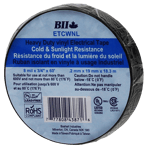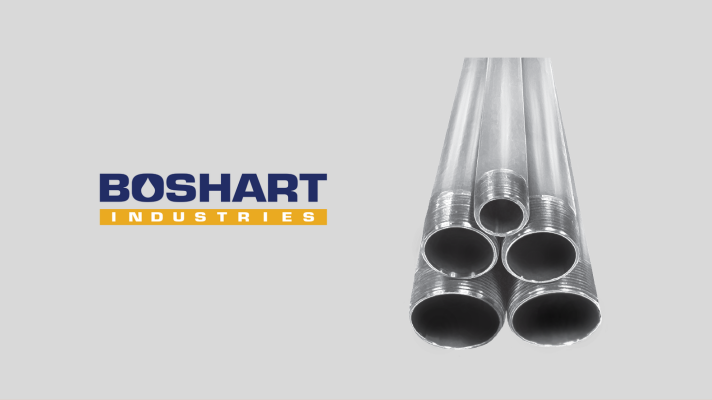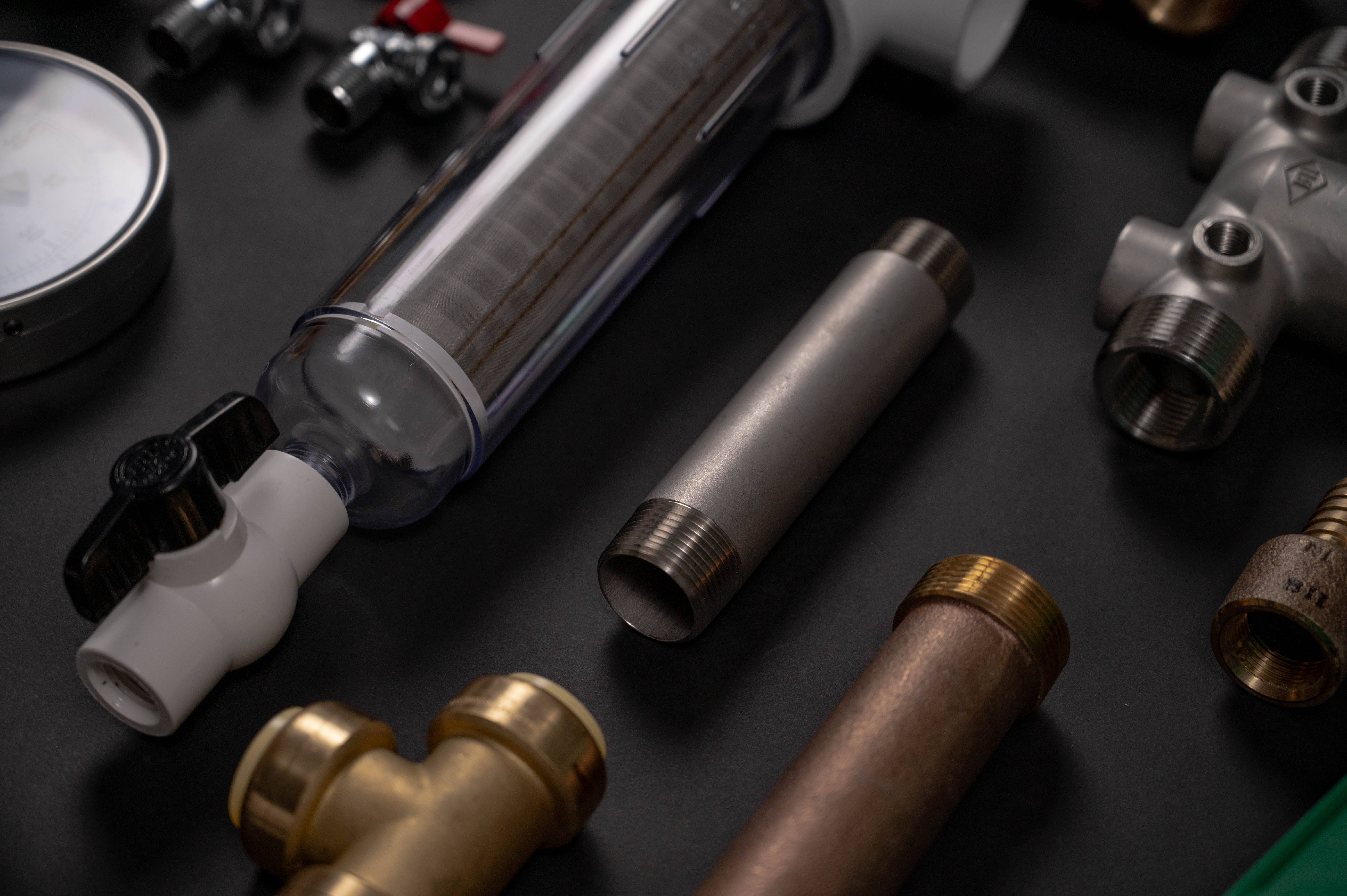In-ground swimming pools are a staple in warm areas of the world but are also found all over. They come in different shapes and sizes and provide fun for the whole family. But what lies below the pool? What is responsible for bringing the water to the pool? The pipe found in the plumbing system of a pool plays a very important roll, but what pipe should you use?
In this blog, we will cover the three common types of pipe found in pool plumbing systems and determine which pipe will work best for you and why. Let's dive in!
Pool Plumbing System
Pool plumbing is the phrase to describe the pipes, fittings and valves that transfer the water through the system. In a pool plumbing system, you will find pipes that carry the water out of the pool to be filtered, which are called suction pipes and you will also find pipes that return the treated water to the pool, which are referred to as return or pressure pipes.
The valves in a pool system control the direction at which the water flows to and from the pool and in and out of the equipment. Found in between the suction pipes and return pipes are the pool pump, filter and water heater.
Common Types of Pipe
The most common pipe used for in-ground pool plumbing is rigid PVC pipe, but you could also see flexible PVC pipe or black poly pipe being used.
Rigid PVC Pipe
Rigid PVC pipe being used to plumb a pool should be a minimum Schedule 40 which is the standard for pool plumbing pipe. Pipe that is 2" in diameter can hold pressure of 166 PSI. Schedule 80 pipe can also be used, but is not necessary and generally more expensive compared to the Sch 40 so is not commonly found in pool plumbing. Sch 80 pipe has the exact same diameter as Sch 40, it's thicker so it can handle pressure up to 243 PSI but it does have a smaller internal diameter. Rigid PVC pipe is long lasting and does not have a lot of disadvantages.
Sch 20 is too thin and must not be used for pools
Flexible PVC Pipe
Flexible PVC pipe is used more and more in new swimming pool installations. It has the same outside diameter as rigid sch 40 pipe. The connections are made by solvent welding using standard sch 40 slip fittings, the exact same as installing rigid PVC pipe. Some benefits of the flexible PVC pipe are reduced labour, less cutting or measuring and reduced installation cost. A downside to flexible PVC pipe is it tends to be more expensive compared to rigid pipe and it can be more prone to crushing or puncturing.
When working with new energy efficient swimming pools, 2" plumbing line is the way to go. The suction lines for the pool should be plumbed with 2" pipe to ensure longevity. PVC flexible pipe can be damaged by UV rays causing the PVC pipe to weaken over time. Any pools that are in hot, extremely sunny areas should use durable outdoor tape to protect the pipe.
Black Poly Pipe
Polyethylene pipe is flexible black pressure pipe that is commonly used for in-ground pool plumbing. Barbed insert fittings are used to join together sections of the poly pipe. The connection is then secured using two stainless steel clamps over the outside of the pipe and insert fitting as opposed to glued PVC fittings. Black poly pipe is insect proof, the PVC insert connections can withstand some freezing or ground movement without breaking and has a greater chemical and bacteria resistance. Black poly pipe can lose it's flexibility in cold weather and could potentially be hard to work with.
Knowing your options for pipe when installing an in-ground swimming pool will guarantee you make the right choice that is best for your situation. Each type of pipe has is pros and cons, weighing each to determine which are important to you will allow for a smooth installation process so you and your family can enjoy the pool without any worries!
Have further questions about this subject?

Head over to Boshart's Knowledge Base: technical product information, guidelines, and more.


![[Video] Pool Installation: What Pipe Should you Use?](https://blog.boshart.com/hubfs/2022-08-22%20Catalog%20Photos-7-1.jpg)


SHARE